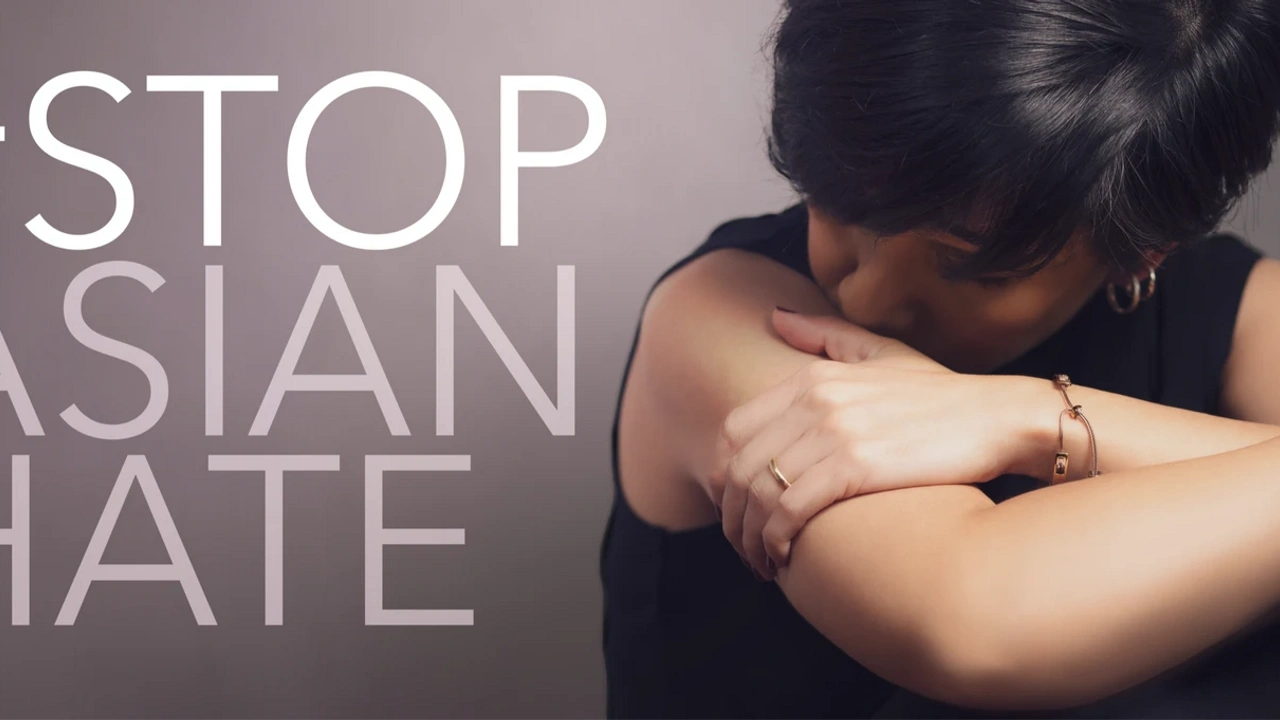The High Health Cost of Racism

Mar 25, 2021
The number of deaths from racial hate crimes has surged in the United States. Violent attacks against Asian Americans continue to rise. Most recently a mass shooter in Atlanta targeted Asian-owned businesses and killed eight people, including six Asian women. According to advocacy groups, 3,795 anti-Asian hate incidents have been reported between March 2020 and February 2021, with a disproportionate number of incidents against women.
In addition to these tragic deaths, the number of people who are falling ill and dying, not from a racist attack, but from racism itself, is also on the rise. Experiencing racism is a form of stress that often leads to chronic stress, including race-based traumatic stress (RBTS). RBTS is a mental and emotional injury caused by encounters with racism. While not everyone who experiences racism will have RBTS, many may experience levels of stress that can lead to a significant erosion in their health and well-being. In fact, even the fear of racism is harmful and can undermine resilience, hope, and motivation.
Here are some statistics:
- People who experience years of Microaggressions develop heart disease, high blood pressure, and chronic low-grade inflammation more rapidly than others
- Pregnant women reporting high levels of racial discrimination tend to have babies with lower birth rates
- Discrimination is linked to higher rates of smoking, alcohol and drug abuse, and unhealthy eating habits
- Unfair treatment of people of color has been linked to poor sleep, anxiety, depression, and suicide
Unfortunately, many people of color who experience trauma and illness from racial discrimination do not seek help. Within the Asian American Pacific Islander (AAPI) community, studies show a reluctance to seek mental health services. Several organizations are seeking to normalize the conversation around mental health in the AAPI community, including Asians Do Therapy, National Asian American Pacific Islander Mental Health Association, and Asian Mental Health Collective.
While we know that experiencing racism can be deadly, it is also true that prejudice can be deadly. In her book Caste, author Isabel Wilkerson states that a study of white Americans who scored high on a measure of prejudice found that harboring prejudice can lead to life-threatening damage to the heart and immune system, leading to early death. The study also found that when whites who harbor racial prejudice were prompted to think of a black person as an individual, their threat level decreased and they were able to reduce their prejudices.
As many in this country strive to end racial injustice, it is essential to practice self-care. Here are some practices to consider:
- Seek the help of a mental health professional
- Acknowledge the racial injury you have experienced
- Acknowledge the prejudice you many harbor
- Talk to others
- Foster a strong sense of racial identity
- Be an ally
- Exercise
- Practice mindfulness, including meditation
- Be kind
Stay connected with news and updates!
Join our mailing list to receive the latest news and updates from our team.
Don't worry, your information will not be shared.
We hate SPAM. We will never sell your information, for any reason.

